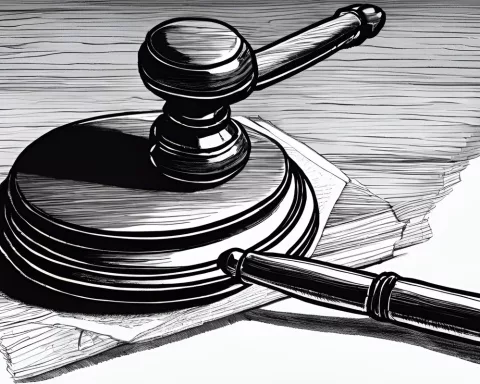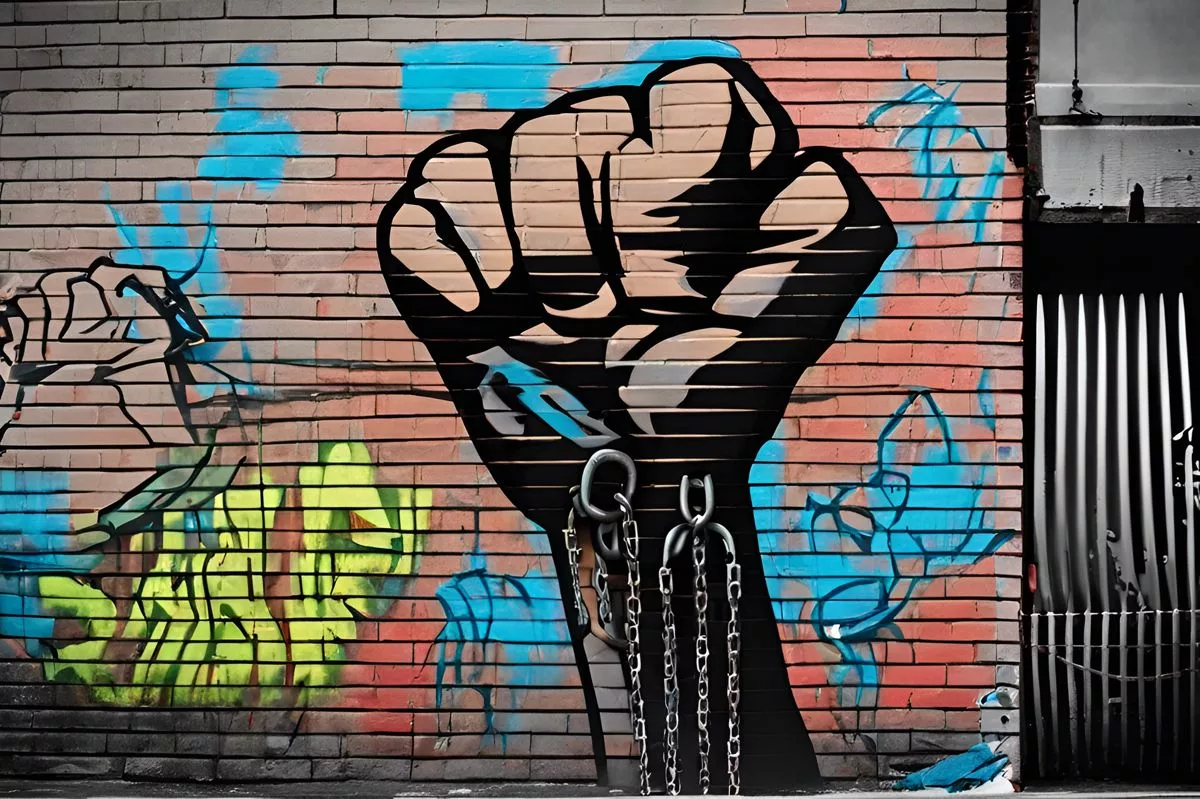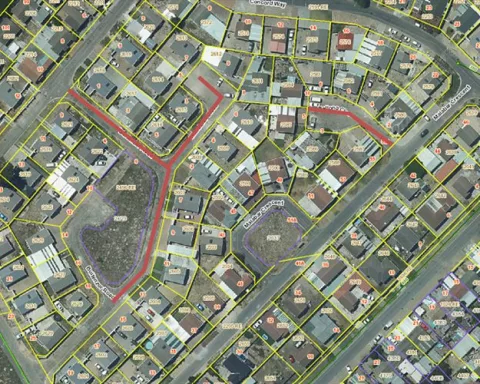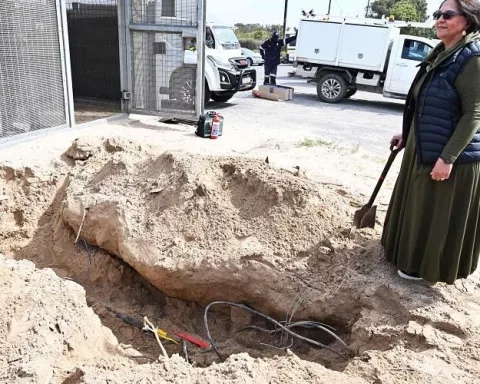The sudden termination of the deal between South African Airways (SAA) and Takatso has dealt a significant blow to President Cyril Ramaphosa’s privatization strategy and raised doubts about the future of struggling public enterprises. The government has faced opposition within its ranks concerning privatization and will need to rethink its approach and draw in more private investment. The termination of the deal marks the beginning of a new episode where the outcomes remain unpredictable.
What is the impact of the abrupt termination of SAA’s alliance with Takatso?
The cancellation of the SAA’s agreement deals a blow to President Cyril Ramaphosa’s privatization strategy and raises substantial doubts about the future of struggling public enterprises. The ruling party will need to rethink its approach and redouble its efforts to draw in private investment. The termination of the deal has undeniably begun another episode, where the rules have not been established, and the outcomes remain unpredictable.
Section 1: The Announcement of the Deal’s Termination
In a significant development, South African Public Enterprises Minister Pravin Gordhan has announced the end of South African Airways’ (SAA) agreement with its strategic equity partner, Takatso. This action has dealt a considerable blow to President Cyril Ramaphosa’s privatization strategy that aims at attracting private investors into multiple sectors, including power generation and rail transport.
This SAA agreement has been embroiled in controversy for a long period. Parliament was summoned to examine the deal for any irregularities. Nevertheless, Gordhan adamantly rejected any misconduct, insisting on the transparency and legality of the entire procedure. With the deal’s abrupt end, it seems that the government’s plan to use this transaction as a precedent for offloading shares in struggling public enterprises has encountered a significant obstacle.
The discontinuation of the deal was preceded by a string of allegations against Gordhan by the former Department of Public Enterprises Director-General Kgathatso Tlhakudi. Tlhakudi charged Gordhan with corruption related to the SAA’s sale to Takatso. As a result, a committee was assigned to probe these allegations.
Section 2: The Investigation of the Allegations
Khaya Magaxa, the head of the public enterprises committee, declared that the committee would meet the following week to wrap up the investigation. Gordhan’s encounter, initially planned for the current week, was postponed at his request for a confidential discussion, referring to the sensitivity of the deal’s details.
In a subsequent development, the committee’s meeting was rearranged for a face-to-face session by Cedric Frolick, the chair of chairs, which delayed the meeting until the next week. Magaxa has urged committee members to gear up for the final discussion on the issue and to present their report to the Speaker, Nosiviwe Mapisa-Nqakula, immediately afterward.
Section 3: The Impact on the Government’s Privatization Attempts
The cancellation of the SAA’s agreement is a setback not only to the government’s privatization aspirations but also to President Ramaphosa’s reform blueprint. This agreement, if it had been successful, could have significantly fortified the President’s plans to transform different sectors by bringing in more private investors. Its failure raises substantial doubts about the future of struggling public enterprises and the government’s game plan for their resurgence.
As the committee gets ready to conclude its investigation, Gordhan’s choice to end the deal sends shockwaves across South Africa’s political and economic scene. The deal’s termination and the ongoing investigation highlight the intricacies of privatization efforts in a country wrestling with corruption and transparency issues.
Section 4: The Broader Ramifications and Future Perspectives
While the direct consequences of the deal’s termination are still unclear, its indirect impact is already palpable. The ruling party, having faced opposition within its ranks concerning privatization, will now need to rethink its approach and redouble its efforts to draw in private investment. For Gordhan, the deal’s termination and the results of the investigation into Tlhakudi’s corruption charges will inevitably shape his political destiny.
Despite these obstacles, the South African government remains optimistic. Gordhan’s declaration of the deal’s termination was made in a candidate meeting, indicating that there was a mutual understanding that the deal should be ended due to an unclear future course. This implies that the government is ready to make firm decisions when its agreements do not meet its expectations, even if that leads to potential political and economic repercussions.
In the imminent future, South Africa is expected to witness more debates and discussions about the destiny of its struggling public enterprises. The termination of the SAA’s deal with Takatso might have marked the end of one episode, but it has undeniably begun another. The task now is to navigate this fresh landscape, where the rules have not been established, and the outcomes remain unpredictable.
1. What is the impact of the abrupt termination of SAA’s alliance with Takatso?
The cancellation of the SAA’s agreement deals a blow to President Cyril Ramaphosa’s privatization strategy and raises substantial doubts about the future of struggling public enterprises. The ruling party will need to rethink its approach and redouble its efforts to draw in private investment. The termination of the deal has undeniably begun another episode, where the rules have not been established, and the outcomes remain unpredictable.
2. Why was the SAA’s agreement with Takatso cancelled?
The reasons behind the abrupt termination of the SAA’s agreement with Takatso are not entirely clear. However, allegations of corruption related to the deal were made against South African Public Enterprises Minister Pravin Gordhan. A committee was assigned to investigate these allegations, and the deal was subsequently cancelled.
3. What is the impact of the investigation into the allegations of corruption?
The investigation into the allegations of corruption related to the SAA’s sale to Takatso is likely to shape the political destiny of South African Public Enterprises Minister Pravin Gordhan. The outcome of the investigation will also shed light on the intricacies of privatization efforts in a country wrestling with corruption and transparency issues.
4. What does the cancellation of the SAA’s agreement mean for the future of struggling public enterprises?
The cancellation of the SAA’s agreement is a setback not only to the government’s privatization aspirations but also to President Ramaphosa’s reform blueprint. Its failure raises substantial doubts about the future of struggling public enterprises and the government’s game plan for their resurgence.
5. What is the government’s response to the termination of the SAA’s agreement?
The South African government remains optimistic despite the cancellation of the SAA’s agreement. Gordhan’s declaration of the deal’s termination was made in a candidate meeting, indicating that there was a mutual understanding that the deal should be ended due to an unclear future course. This implies that the government is ready to make firm decisions when its agreements do not meet its expectations, even if that leads to potential political and economic repercussions.
6. What can be expected in the future for South Africa’s struggling public enterprises?
South Africa is expected to witness more debates and discussions about the destiny of its struggling public enterprises in the future. The termination of the SAA’s deal with Takatso might have marked the end of one episode, but it has undeniably begun another. The task now is to navigate this fresh landscape, where the rules have not been established, and the outcomes remain unpredictable.












